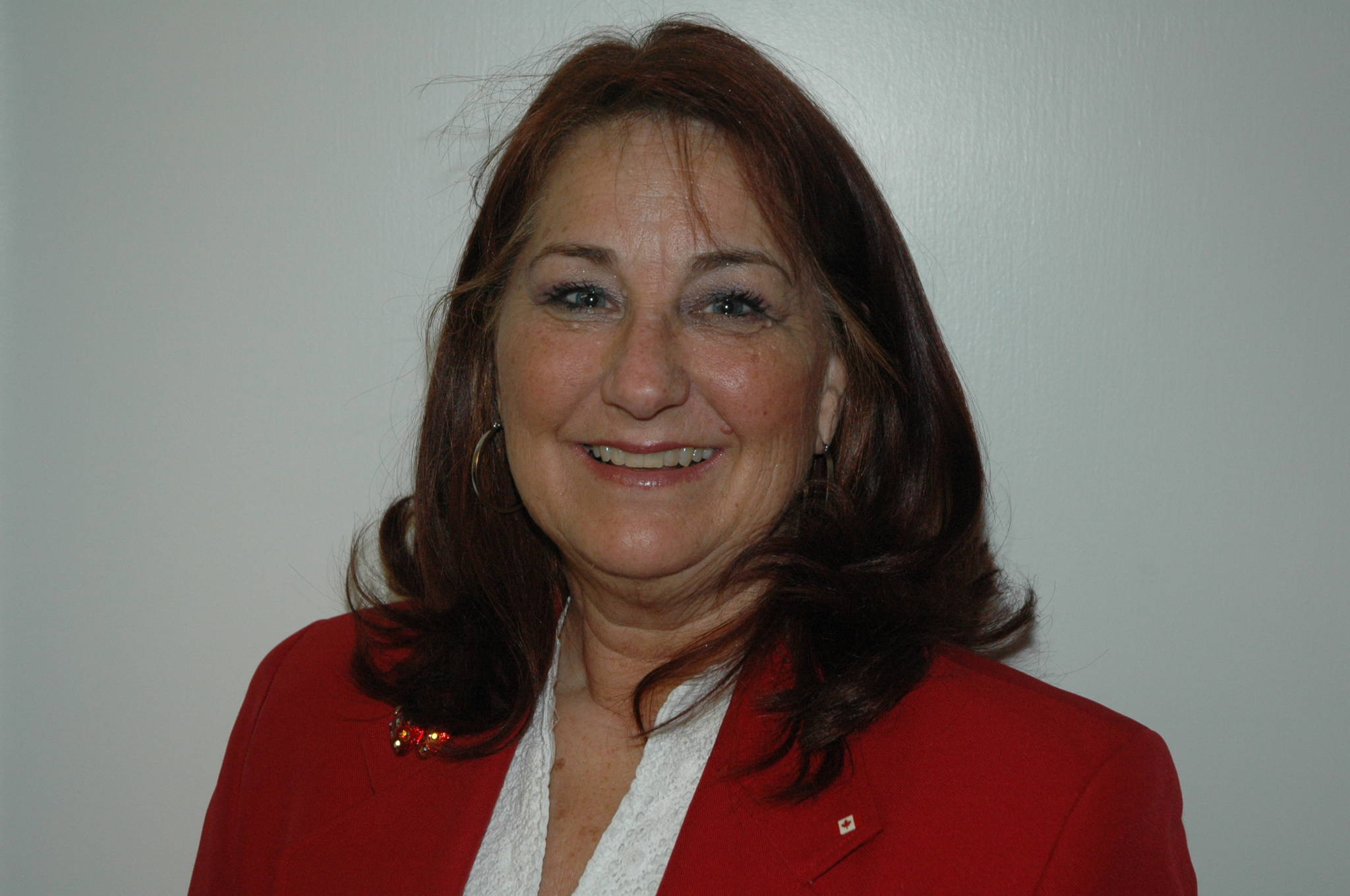MARYSVILLE – The rumors about Maryfest, the local nonprofit that puts on the Marysville Strawberry Festival each year, can finally be put to rest.
The facts are out in the form of a lawsuit filed by the state April 13 against Mark Jensen, the former vice president of Maryfest, along with a charity for which he was a director.
In the court papers, State Attorney General Bob Ferguson says:
Jensen, of Woodinville, joined the Maryfest board in 2015. Many longtime members and directors left as a result. He later became vice president.
In January of 2017, Maryfest’s executive committee, in an emergency secret session, signed a confidential “Secret Settlement” with Jensen. The settlement provides large payouts to unrelated organizations, bans several previous directors from rejoining, and promises to pay out as much as $175,000 to Jensen should certain conditions occur.
The AG’s office asks for a preliminary injunction, and, ultimately, that the secret settlement be declared void.
The court papers continue to say:
Jensen was a director of the Holiday Treasure Chest Charity Foundation, a nonprofit formed in 2008 as “Seafair Pirates Charity Foundation.” The foundation received at least one unlawful payment from Maryfest for $10,000 as a result of the secret settlement.
In early 2017 Mayor Jon Nehring called a meeting between the city and some Maryfest officers because of concerns about Jensen. Jensen agreed to resign but not before binding Maryfest to an onerous separation agreement.
The court papers then discuss the secret agreement:
On Feb. 21, 2017, an agreement was signed that said Jensen would not seek legal action against Maryfest for being forced to defend himself against multiple and unwarranted attacks from previous Maryfest board members. The agreement acknowledged that Maryfest’s board at that time could have done more to defuse the attacks against Jensen.
The agreement says Maryfest would ban six previous board members from rejoining, pay Jensen $25,000 per individual if they did, defend Jensen from any claims brought by previous board members, donate $10,000 to the Treasure Chest charity, donate $4,000 to the Marysville Community Lunch Program in his name, and keep the agreement confidential, even from non-executive committee Maryfest board members.
The court papers continue saying because of the confidential agreement, no one has been able to explain to donors what happened, hurting Maryfest’s financial situation.
The settlement puts a financial strain on Maryfest. There had been no treasurer for two years, finances were neglected and diminished. Large sponsors like the Tulalip Tribes, Fred Meyer and Walmart were lost. The Tribes alone donated $50,000 a year.
In fall of 2017, Nehring gathered the parties again, saying the divisions in the community had gotten worse. The board resigned and former Maryfest directors took their place last October.
Continuing with the court papers, they say a number of issues should void the secret pact. The previous Maryfest board lacked a quorum for the “Secret Settlement.” It also wasn’t done in an open meeting. Jensen, and the rest of the officers, failed to act in good faith and in the best interest of Maryfest. And the $175,000 part of the pact also is void because Maryfest’s articles of incorporation prohibit such a disbursement. Maryfest president Jodi Hiatt said in a separate email that the current board “supports this action by the attorney general and believes the purported agreement was legally defective and not in the best interest of Maryfest Inc. or the Marysville community.”
In her declaration in the court papers made April 9, Hiatt says she was on the Maryfest board from 1999-2015, but resigned soon after Jensen joined. She was concerned about how he and former officers Darren Doty and Paul Brown ran the organization. She says soon after other Maryfest members resigned. They started hearing complaints about how the festival was being represented. In February 2017, that group of former Maryfest volunteers asked if they could meet at Hiatt’s store. They said some members were afraid of Jensen and wanted to meet in a private place. Hiatt agreed and began to attend the meetings, too. Over time, they shared their concerns with the city, and last fall, the city asked the remaining board members to resign and allow Hiatt’s group to resume control.
Jared Karstetter, who had been serving as Maryfest’s attorney, told the new board about the confidential agreement with Jensen.
Hiatt continues saying the organization was at least one year behind on taxes. To try to piece it together, she obtained bank statements for 2017 and have ordered those for 2016. They have just recently arrived. She says: The settlement agreement is making it extremely difficult to produce the next Strawberry Festival. Under their budget, it will cost $258,250 to put on the festival. Currently, they anticipate receiving revenue of only $90,050. Not counting the scholarship fund, which cannot be touched, Maryfest also has $86,659 in checking and $86,898 in two reserve accounts. “If we have to keep following the Settlement Agreement, the festival will be in danger,” she says in court papers.
She also says it will be hard to put on the festival without the key volunteers that were banned: Carol Kapua, Ken Coole, Jess Thompson, Alice and Arvin Van Beek, Kristy Hill and Cheryl Deckard.
Another more strongly worded memo in support of a preliminary injunction says the festival is endangered. “A bizarre, self-serving agreement engineered over a year ago by a departing board member has handcuffed the festival’s board and made it far more difficult to raise money. That agreement is blatantly illegal. With full support from the new festival leaders, the state asks Snohomish County Superior Court to remove the handcuffs and rid the festival of the illegal agreement.”
This year’s 87th festival will take place June 9-17.








